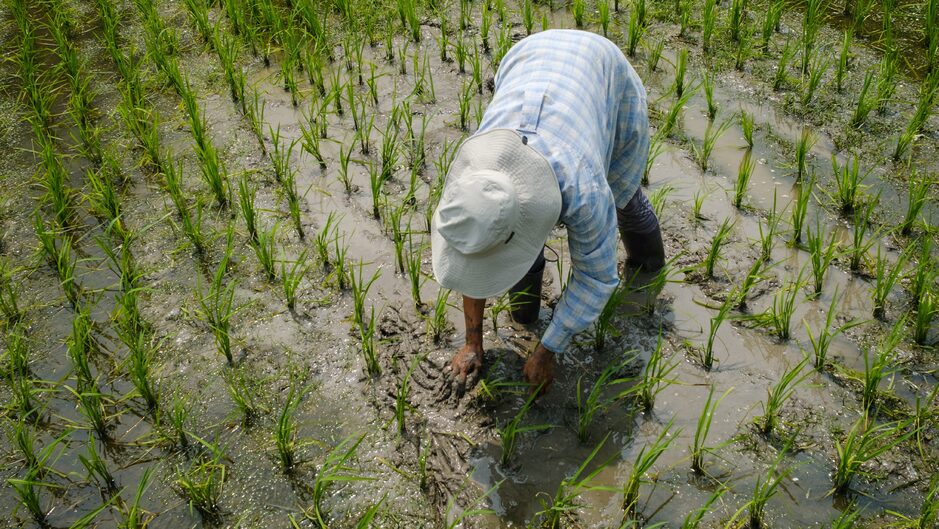
Chinese scientists have recently planted rice that has received radiation from space. The hope is that it can lead to the development of new species of rice plants. Danish expert doubt that the experiment will have an effect, and the probability of a beneficial mutation is even less, Danish media TV2 News reports.
In December, the Chinese spacecraft Chang’e 5 successfully landed on Earth after a trip to the Moon together with 40 grams of rice. The rice plays a crucial role in a large-scale experiment with so-called “space-induced mutation breeding” and Chinese scientists have used the rice to try to find answers to whether cosmic radiation can contribute to the development of new plant species on Earth.
After being planted in a greenhouse in Guangdong, approximately 1600 rice grains have sprouted and recently the seedlings were planted out in open fields.
According to the Xinhua news agency, and if all goes well, the result can be harvested by June.
The researchers hope that the rice, after 23 days of radiation exposure in space – and more than 760,000 kilometers of space travel – will form a new species in rice plants. The rice has traveled longer in space than any of the country’s previous experiments with space crops, Chinese media report.
A mutation is a basis for species development and the selection of new species. The extreme environment in space is a unique factor that causes mutation, says Gua Tao to the state-sponsored media Science and Technology Daily.
According to a Danish expert, it is however doubtful whether the experiment will succeed. Just Jensen, professor at the Center for Quantitative Genetics and Genome Research at Aarhus University says, “both radiation and chemicals have been tried to form mutations that could be beneficial, but I have not seen any reports where it has succeeded.”
The Danish researcher explains that years ago in Denmark experiments were made at the then research center on Risø, where a radiation cannon was fired at a field in an attempt to breed mutated plants. But without success.
“The probability that the Chinese will get something out of this experiment is very small. The rice will probably germinate and survive, but the chance of a mutation is very small – and even less for a beneficial mutation,” Just Jensen says.

